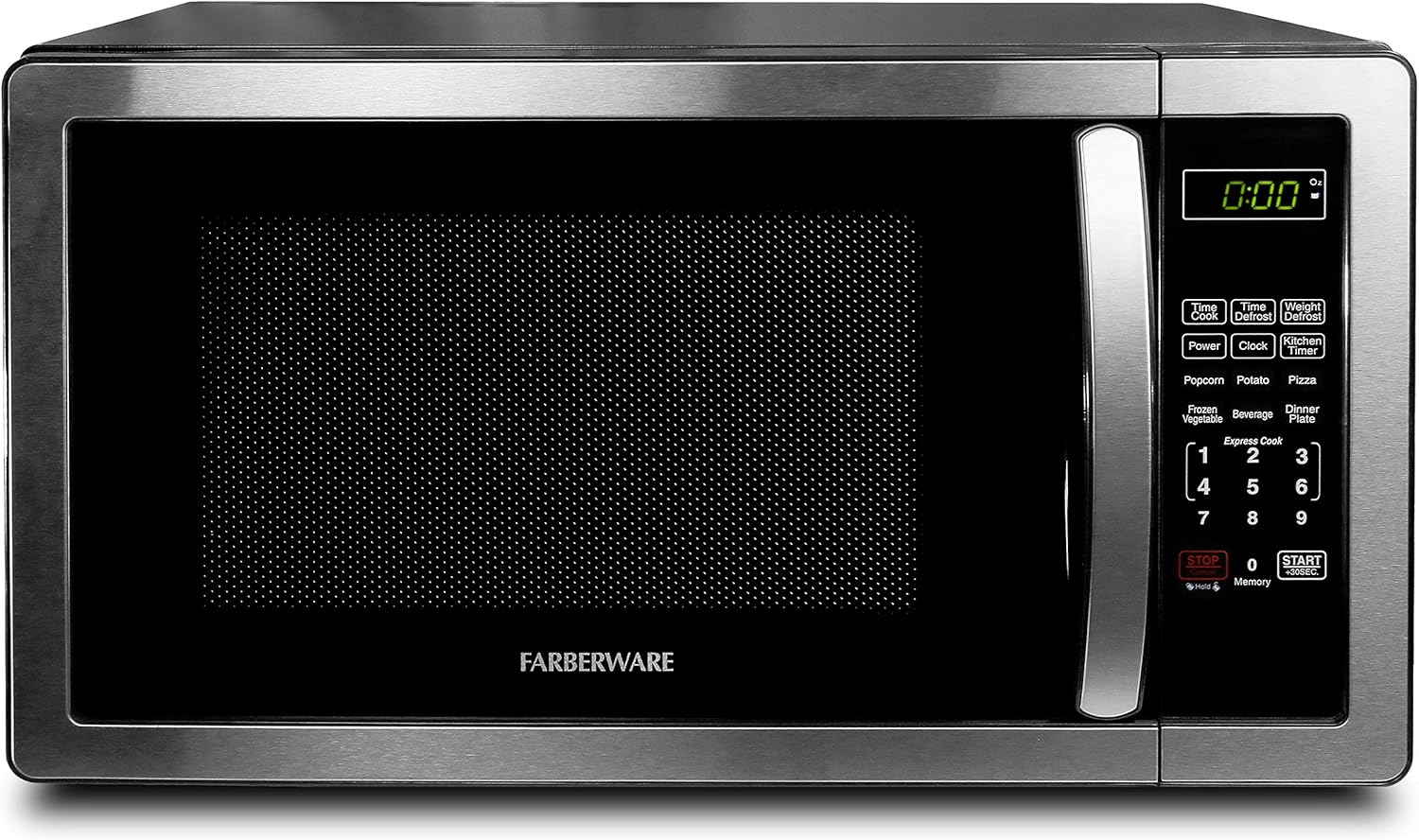Food Containers
Food containers are essential items in any kitchen, primarily used for food storage and organization. They come in various shapes, sizes, and materials to cater to different storage needs and preferences. Here's a rundown of some key information about food containers:
Types of Food Containers:
Plastic Containers: These are one of the most common types of food containers. They are lightweight, durable, and come in various sizes and shapes. Some plastic containers are designed for single-use, while others are reusable and can withstand microwave and dishwasher use.
Glass Containers: Glass containers are heat-resistant and do not absorb odors or stains from the stored food. They are an excellent choice for reheating food in the microwave or oven. Glass containers often have airtight lids to keep food fresh.
Stainless Steel Containers: Stainless steel containers are known for their durability and resistance to rust and corrosion. They are an eco-friendly option and can be used for both storing and reheating food.
Silicone Containers: Silicone containers are collapsible and space-saving. They are ideal for packing lunches or storing small quantities of leftovers. They are safe for use in the microwave and dishwasher.
Ceramic Containers: Ceramic containers are aesthetically pleasing and suitable for oven-to-table serving. They come in various designs and are often used for baking and roasting.
Features:
Airtight Seals: Many food containers come with airtight seals to keep food fresh for longer periods. These seals are essential for preventing moisture and air from entering the container.
Stackable and Nestable: To save space in your kitchen, look for containers that can stack or nest neatly when not in use.
Microwave and Freezer Safe: Most food containers are labeled as microwave and freezer safe, but it's important to check before using them for these purposes.
Easy-to-Clean: Dishwasher-safe containers are convenient for quick and easy cleanup.
Transparent Lids or Containers: Clear containers or lids make it easy to identify the contents without having to open them.
Organization:
- Food containers can help with kitchen organization by neatly storing ingredients, leftovers, and meal prep items. They come in various sizes to accommodate different quantities of food.
Food Safety:
- Always ensure that the food containers you use are food-safe and free from harmful chemicals. Look for containers that are BPA-free and meet safety standards.
Labeling:
- Consider using labels or a labeling system to keep track of the contents and expiration dates of the items stored in your containers.
Environmental Impact:
- When possible, opt for reusable and eco-friendly containers to reduce waste. Some brands offer containers made from sustainable materials.
Specialized Containers:
- There are specialized food containers designed for specific purposes, such as salad containers, bento boxes, and portion control containers.
In conclusion, food containers play a crucial role in food storage, organization, and meal preparation in the kitchen.Choosing the right type of container for your needs, considering features like airtight seals and microwave compatibility, and ensuring food safety are all important aspects of effectively using food containers in your home.


